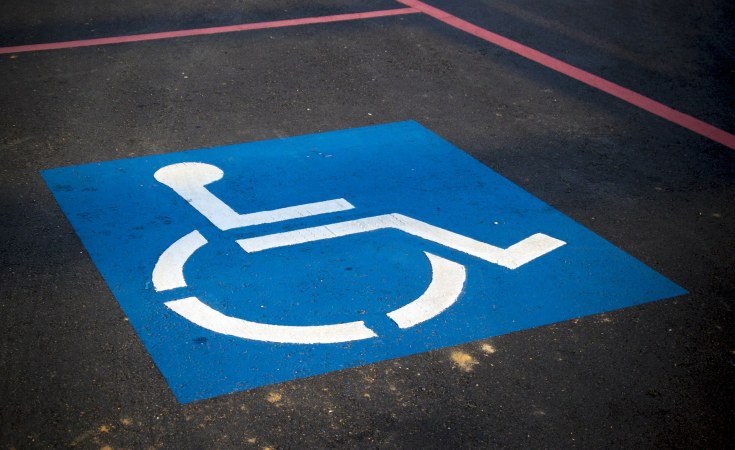Over 1 billion people - approximately 15% of the world’s population - are estimated to live with some form of disability. As this demographic grows owing to an increase in chronic health conditions and ageing populations, their risk of marginalization also increases within the largely ableist society we live in, which often fails to consider the unique needs of people living with disabilities.
One of these needs is access to quality, affordable, accessible health care. Despite being entitled to the highest standard of health without discrimination, persons with disabilities, 80% of whom live in low- and middle-income countries (LMICs), face a myriad of challenges that prevent them from accessing quality health care. These barriers include inaccessible and low-quality health care services, prohibitive health care costs, biases of health and social service providers and non-inclusive health responses - making them among the hardest hit during public health emergencies such as the COVID-19 pandemic.
While many of these challenges existed before the pandemic, the global health crisis has amplified the gaps in access to quality health care among people living with disabilities, who have (for the most part) been left behind in national recovery and response efforts. In the past year, the pandemic has shone a spotlight on the challenges experienced by persons with disabilities as they seek to access public health information, basic hygiene and health facilities.
It has also highlighted the effect of these barriers on this population’s health, well-being, and dignity.
As the pandemic spread across Africa and governments moved quickly to impose containment measures such as curfews, restriction of movement and suspension of learning, little consideration was given to the needs of persons with disabilities. Measures such as lockdowns threatened already limited employment opportunities and worsened seclusion - both of which could have devastating long-term impacts on the capacities of persons with disabilities to attain economic independence and full social integration.
Africa’s response to health challenges must recognize this reality. Delivering quality, affordable and accessible health care for people with disabilities - before, during and after a health crisis - will require concerted efforts from all stakeholders to prevent further disability and marginalization and protect and promote inclusive health practices.
Our continent urgently needs health reforms that mainstream care for disabled populations and create structures to support inclusive health systems.
At the basic level, this will include not only delivering primary health care with professionalism and empathy, but also working with representatives of the disability community to provide accurate and relevant health information in formats that empower their members to make informed health decisions and protect themselves and their families.
This is especially important during disease outbreaks, when it is critical to ensure that persons with disabilities have real-time access to health information to stem the spread of infection. Last year for example, Amref Health Africa and the Zambian Ministry of Health collaborated to produce COVID-19 information, education and communication materials in braille and sign language. The materials, which included information on prevention of COVID-19 and case management, benefited an estimated 270,000 members of the disability community and complemented Zambia’s pandemic response efforts.
Use of assistive technologies could also play a significant role in improving delivery of health interventions to people with disabilities, allowing them to surmount their physical and cognitive challenges and live healthier, more productive lives. Investing in such technologies through programs such as Innovate Now can narrow the gap in access to care by leveraging widely available tools such as the mobile phone, which can save lives by virtually connecting people with disabilities to doctors and other care givers. This would be a significant development on a continent where health facilities and transport infrastructure are often inaccessible to the disability community.
COVID-19 has shown us why we cannot afford to waste more time in the strengthening of our health systems. To safeguard the health rights of persons with disabilities, we must establish structures and frameworks that ensure that the most vulnerable among us are represented at the heart of our health systems. We need to proactively include persons with disabilities in response plans, conduct disability-focused training of health workers and prioritize them in socio-economic recovery efforts. We also need to empower them through meaningful engagement at all stages of the development of disability-inclusive systems geared at improving health outcomes within the community.
We have an opportunity to work together to build equitable, accessible, and effective systems that meet us all at our points of need. We owe it to the most vulnerable among us to innovate and deliver solutions that will reach the furthest left behind, to realize the vision of a world in which everyone, regardless of physical ability, can access quality, affordable care. Failure to do so will not only delay the attainment of health for all, but it will also be an injustice to humanity.
Viviane Sakanga, Amref Head of Country Program, Zambia; Bernard Chiira, Director, Innovate Now


